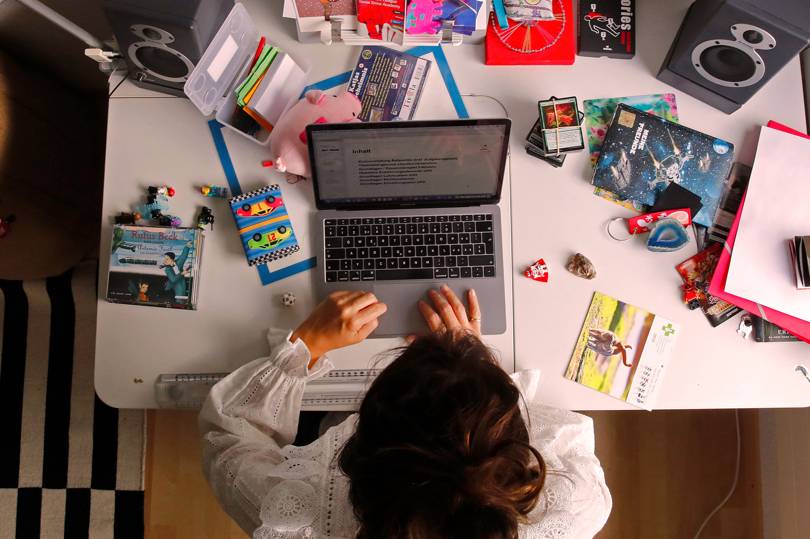
Lockdowns show we don’t need offices to work together
Post pandemic, collaborative work is staying online
The year 2020 has taught us what’s really important in life: health, family and a stable internet connection. Following the long weeks of social distancing and spending time at home, we were compelled to re-evaluate the merits of working from a shared office. Business meetings can now be conducted via video conferencing, collaboration is possible from the comfort of our own homes, and teams have proved how they can work efficiently without the need to co-ordinate everyone in a physical space.
Remote work through online collaboration isn’t a new concept. Wikipedia, the ultimate achievement of this practice, will celebrate its 20th anniversary in 2021. Millions have contributed their own knowledge and collaborated to create what is widely seen as the best encyclopedia ever produced. Yet most of us have never met face-to-face, or felt the need to commute to the same office space to discuss the latest edits with Keynote slides, snacks and bad coffee. Wikipedia works so well because we can collaborate on our own time, from our own spaces, with a focus on the creation of great content.
For years, humanity has been engaged in the slow process of transferring some of its work into online collaboration. Through the shocking experience of this pandemic, we were forced to challenge our conventions on what requires physical presence, versus what can be done efficiently online. Do we really need to spend so much time and resources commuting? Must we share the same space where we’re mostly working individually in front of our own screens? Aren’t we sharing documents, communicating and collaborating with our colleagues through online platforms anyway, even while we’re within the same physical space?
The coronavirus pandemic is the push we all needed to give remote work a big step forward. To reflect this, online work platforms will begin integrating extra social features in 2021, and harness the community aspects of working together, which a lot of us feel are missing.
With these systems in place, both teams and the company as a whole will benefit by focusing on the work itself, without the distractions and costs of office rental, commuting time and business travel.
This transition will allow us to collaborate more effectively while preserving interactions with our colleagues and maintaining the sense of communal belonging. We’re creating the foundations for collaborative work in 2021 and beyond – and this isn’t a temporary change. The old world isn’t coming back.
Jimmy Wales is the co-founder of Wikipedia and Fandom
Orit Kopel is CEO of Glass Voices and co-founder of WikiTribune



